Identity Theft: You Can’t Afford to Overlook These 9 Signs
Think identity theft only happens to careless people? Think again.
Over 1.1 million people in the U.S. reported identity theft to the FTC – and that’s just the ones who caught it in time. From drained bank accounts to surprise credit card charges and loans you never asked for, identity theft doesn’t just mess with your finances, it messes with your entire life.
That’s why it’s so important to know the early signs of identity theft before the damage gets out of hand. Catch it fast, and you’ve got a fighting chance to shut it down. Missing the warning signs can snowball into years of credit chaos.

9 Critical Signs of Indentity Theft
🚩1. Weird Charges You Didn’t Make? That’s a Red Flag.
If you’re seeing unfamiliar transactions on your bank or credit card statements, no matter how small – don’t brush it off. One of the most common signs of identity theft is someone testing the waters with tiny charges before going big.
👉 Check your accounts weekly. If something doesn’t add up, report it to your bank or card issuer ASAP to protect your money and stop further fraud.
🚩2. Medical Bills for Stuff You Never Had Done? Big Yikes.
Getting hit with a bill for a surgery you never had or a hospital you’ve never been to? That’s not just annoying – it’s one of the scarier signs of identity theft. Criminals sometimes use stolen info to rack up medical debt or abuse insurance coverage.
📞 Call your healthcare provider and insurance company right away to dispute the charges and lock down your records.
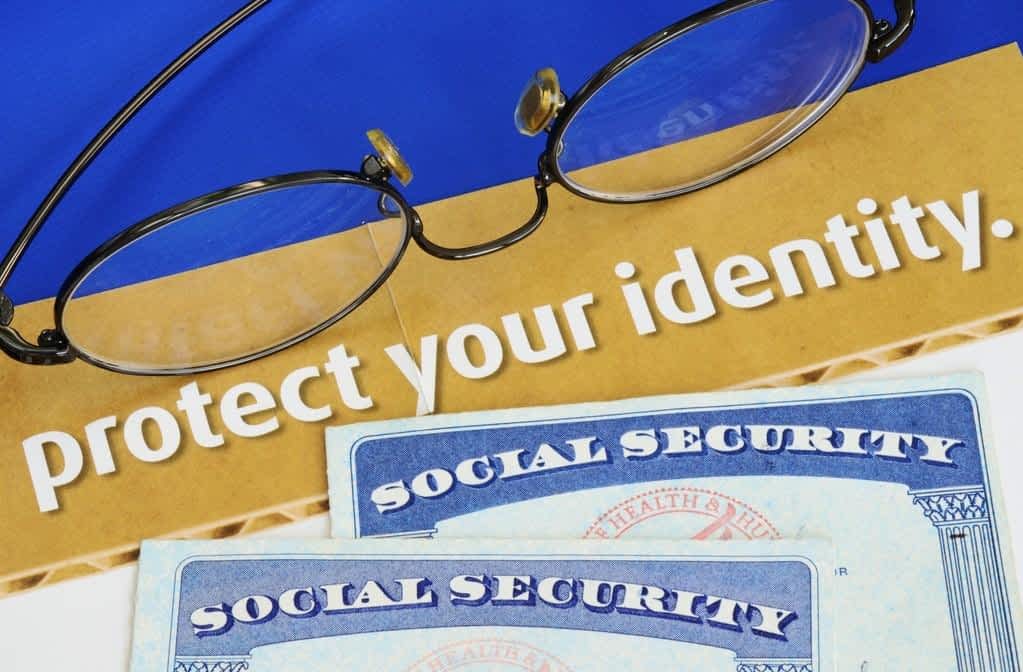
🚩3. Credit Cards You Never Asked For Showing Up? Nope, Nope, Nope.
If random credit cards or account approvals start arriving in the mail, someone may have used your name and info to open them. This is a huge red flag for identity theft.
🚨 Don’t activate the cards, report them. Call the company, close the accounts, and file a fraud alert with all three major credit bureaus (Experian, Equifax, and TransUnion).
🚩4. Weird Stuff on Your Credit Report? Time to Investigate.
Reviewing your credit report might sound boring, but it’s where the truth lives. If you see accounts you never opened, loans you didn’t take, or even the wrong address, that’s one of the clearest signs of identity theft.
🕵️♀️ Get a free report at AnnualCreditReport.com, and if something’s off, report it fast to the credit bureau and the company involved.
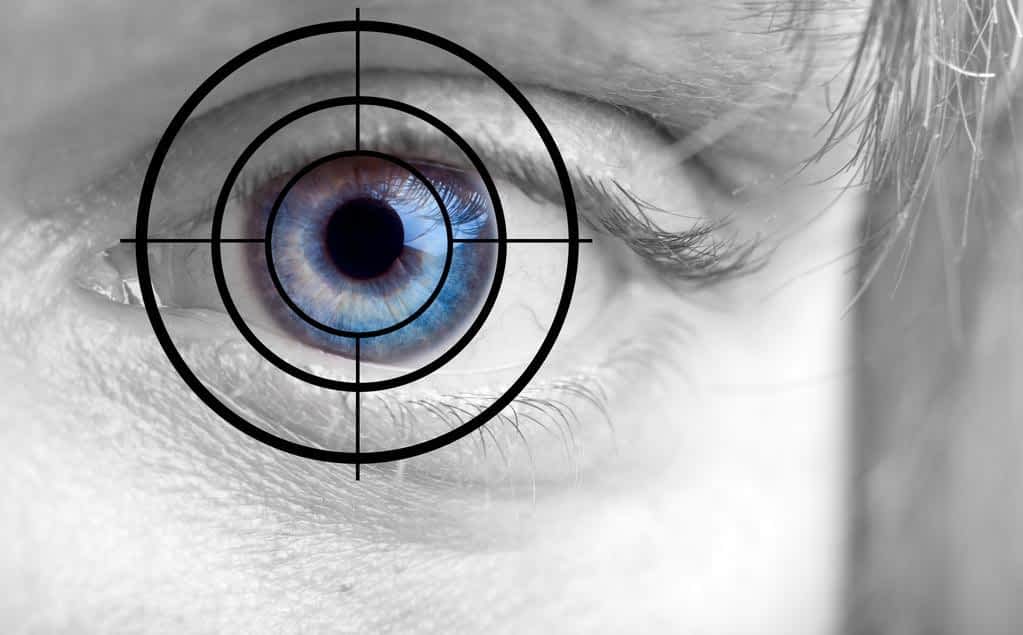
🚩5. Debt Collectors Calling for Debts That Aren’t Yours? Don’t Ignore It.
If a collection agency starts contacting you about a debt you’ve never heard of, don’t assume it’s a mix-up. Someone may be using your identity to rack up unpaid bills.
📩 Ask for a debt validation letter, then dispute it in writing. This could be one of the more stressful signs of identity theft, but dealing with it early can keep your credit from taking a hit.
🚩6. You Got Denied Credit and Have No Idea Why? Time to Dig Deeper.
Getting rejected for a loan or credit card when you’ve got good credit? That’s more than a bad day—it could mean someone’s messed with your file.
📊 Pull your credit report and look for any signs of identity theft, like unauthorized hard inquiries or fraudulent accounts that are dragging your score down.
🚩7. Important Mail or Emails Gone Missing? That’s Not a Coincidence.
If your bank statements, tax forms, or other sensitive documents suddenly stop arriving, someone might be intercepting your mail or hijacking your email.
📪 Switch to paperless billing when possible, use a locked mailbox, and check for mail forwarding requests you didn’t authorize, these are subtle but serious signs of identity theft.
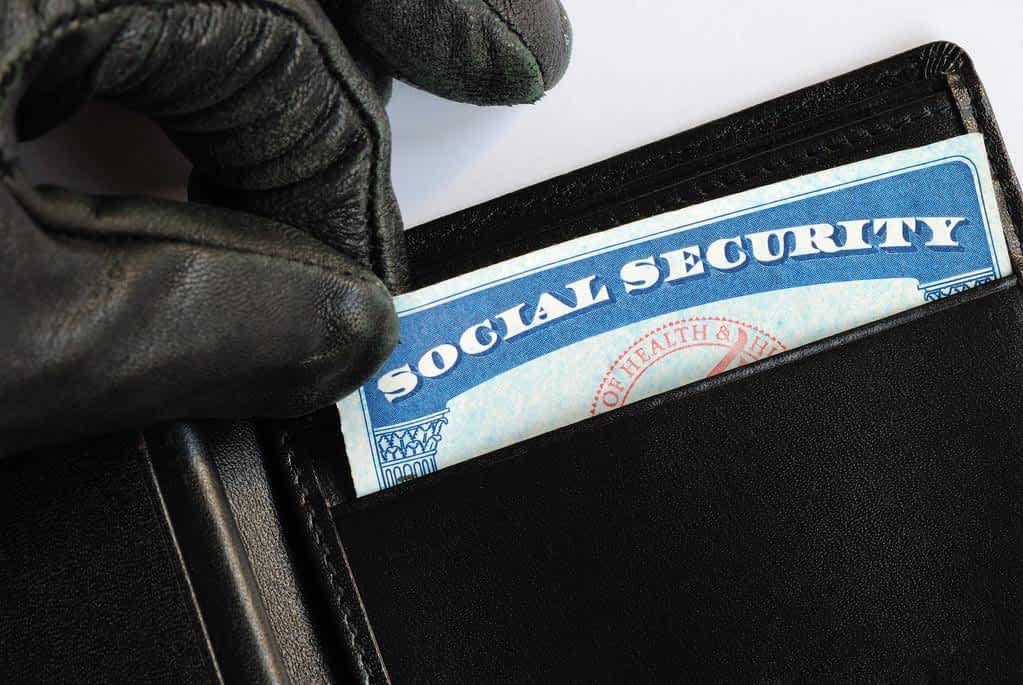
🚩8. Locked Out of Your Own Accounts? That’s More Than Annoying.
If you can’t log into your email, bank, or social media, and you didn’t change your password, that’s a massive warning sign. Cybercriminals may already be inside your accounts.
🔐 Change your passwords immediately, activate two-factor authentication, and check account activity logs. This type of account takeover is a rising form of identity theft.
🚩9. Drowning in Pre-Approved Credit Offers? Not Just Spam.
While a few pre-approved credit card offers are normal, getting bombarded with them—especially for cards you never applied for—can signal that someone’s shopping around with your info.
✂️ Shred those offers (don’t just toss them), and consider placing a credit freeze or fraud alert to stop new accounts from being opened in your name.
💡Want a hand staying safe? You can set fraud alerts and get credit monitoring tools for free through many banks, or check out IdentityTheft.gov for next steps if you’re already seeing signs.

How to Avoid Identity Theft (Without Losing Your Mind)
Identity theft is sneaky—and it doesn’t always look like someone draining your bank account in one dramatic swoop. Sometimes it starts with a stolen piece of mail, a password you reused, or clicking a shady link when you’re half-awake. Here’s how to protect yourself without going full tin-foil hat.
1. Protect Your Personal Info Like It’s Gold (Because It Is)
Be super selective about where and how you share your Social Security number, address, and even your birth date. That info is digital currency for thieves.
📄 Shred anything with personal details – old bills, pre-approved credit offers, medical paperwork – before it hits the trash. Don’t leave sensitive mail sitting in your mailbox either.
2. Your Passwords Need to Stop Being Lazy
Yes, we all love “Fluffy123” and “Password2022,” but they’re basically open doors for hackers.
🔑 Create strong, unique passwords (think passphrases, like “PurpleTacoDance!88”), use a password manager, and switch things up regularly. Most importantly, turn on two-factor authentication (2FA) whenever it’s an option – it’s like putting a double lock on your front door.
3. Check Your Credit Report Like It’s Your Bank Account
If you’re not regularly checking your credit report, you might miss one of the biggest signs of identity theft: accounts opened in your name without your knowledge.
📊 You’re entitled to a free credit report every week at AnnualCreditReport.com. Look for accounts you don’t recognize, incorrect info, or suspicious activity. If anything feels off, take action immediately.
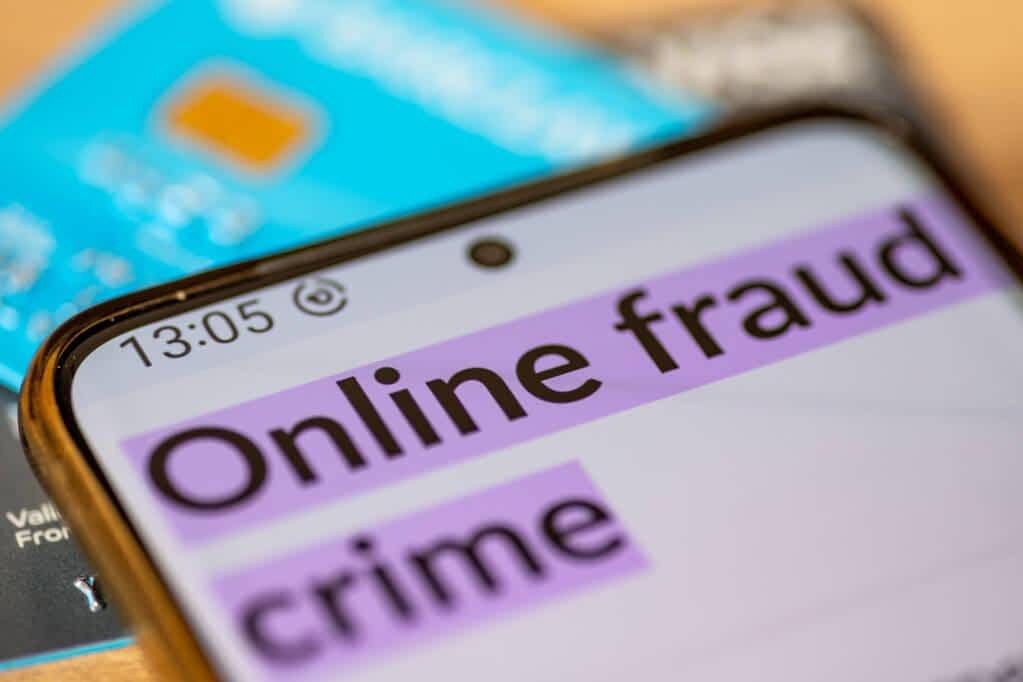
4. Don’t Shop on Sketchy Sites (and Ditch Public Wi-Fi for Banking)
Online shopping is convenient, but it’s also prime hunting ground for cybercriminals.
🛒 Stick to trusted websites – look for the “https” in the URL and that little padlock icon. And please, never do banking or shopping on public Wi-Fi unless you’re using a VPN. Free coffee isn’t worth giving up your financial info.
5. Secure Your Devices Like Your Life Depends on It (Because It Kinda Does)
If your phone or laptop isn’t locked down, someone could easily access your entire digital life.
💻 Install antivirus and anti-malware software, keep it updated, and use screen locks with strong passwords or biometrics. For extra safety, enable encryption on your devices. It scrambles your data so even if it gets stolen, it’s useless to thieves.
🚀Want to go one step further? Freeze your credit with all three bureaus. It’s free and stops anyone from opening new accounts in your name. Identity theft isn’t 100% avoidable, but these steps can make you a much tougher target.

What to Do If You Think You’re a Victim of Identity Theft
Think someone might be messing with your identity? Maybe your credit card got declined out of nowhere, or a debt collector is calling about an account you’ve never opened. If you’re seeing signs of identity theft, don’t wait around hoping it’ll resolve itself – it won’t. Here’s what to do, step-by-step.
💡Act fast, don’t freeze up—freeze your credit instead
The first move is to put a fraud alert on your credit file. That tells lenders to verify your identity before opening any new accounts. Even better, place a credit freeze. It stops anyone from opening new credit in your name until you unfreeze it. It’s free and you can do it online through all three credit bureaus.
💡Report it, officially
File a police report if you have evidence or serious suspicion. Then head over to IdentityTheft.gov and report the identity theft to the FTC. They’ll walk you through what to do next and help generate a recovery plan. Even if you’re not totally sure, it’s better to file now than regret it later.
💡Shut down any affected accounts
If someone’s gotten into your bank, credit card, or online accounts, call the companies and close those accounts ASAP. Request new cards and account numbers. Update your login info and security questions while you’re at it.
💡Keep your eyes open going forward
Even if you’ve locked things down, don’t relax just yet. Watch your credit reports and bank accounts like a hawk for at least a few months. New signs of identity theft can show up slowly, and staying alert gives you a chance to shut it down fast.
💡Don’t be afraid to get help
If this feels overwhelming, consider talking to a credit counselor or identity theft specialist. They can help guide you through the recovery process and make sure nothing slips through the cracks.
Identity theft recovery isn’t just about cleaning up the mess, it’s also staying ahead of the next one. Check your credit score regularly through Experian, TransUnion, or Equifax to catch anything off before it becomes a bigger problem. A little vigilance now saves you a whole lot of stress later.
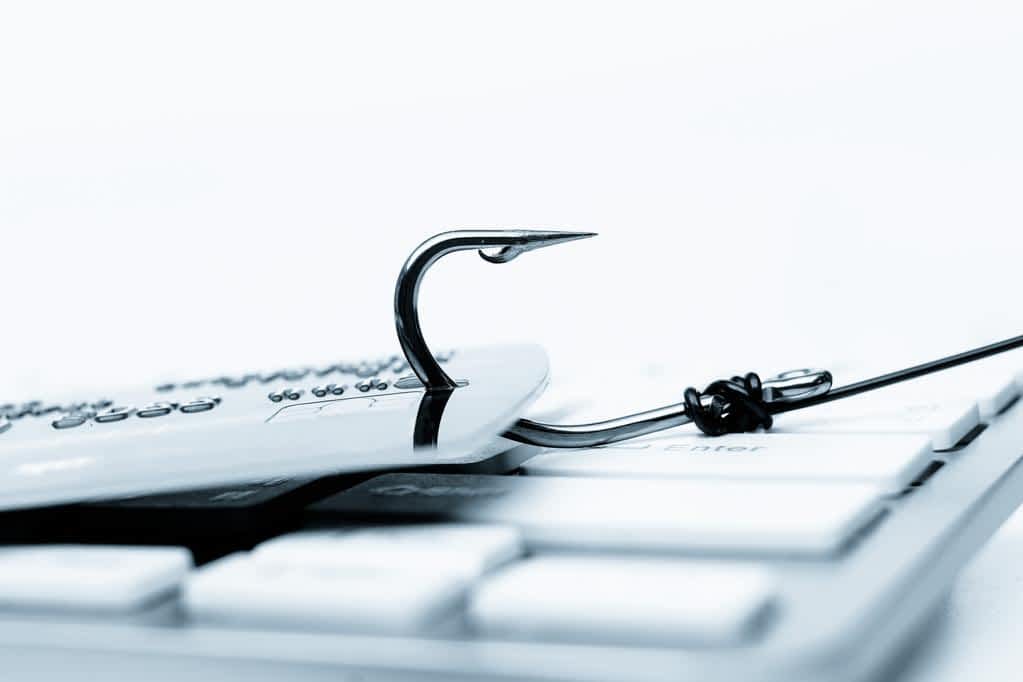
Don’t Wait Until It’s Too Late
Identity theft doesn’t usually come with flashing warning lights. One day everything seems fine, the next you’re dealing with mystery charges or credit accounts you didn’t open. That’s why it pays to be proactive now, and not when things go sideways.
Start by setting up credit monitoring alerts so you’re the first to know if something changes on your credit report. You can also get a free credit report from each of the three major bureaus once a year. Use those like a regular checkup for your financial health. It’s a little boring, but it’s a lot better than trying to untangle the mess after your identity’s been stolen.
Scammers are getting smarter by the day, so staying informed is your best defense. Learn how the latest scams work, especially phishing emails and fake websites that try to trick you into giving up your info.
Make a habit of checking your credit score, updating your passwords, and watching for early signs of identity theft. The more you stay ahead of it, the less likely you’ll ever have to deal with the fallout.
Bottom line: Staying safe online isn’t about paranoia, it’s preparation. So lock things down, stay sharp, and protect what’s yours.

This post may contain affiliate links. I earn from qualifying Amazon purchases at no extra cost to you. This content is for informational purposes only and is not a substitute for professional advice. Read full disclaimer.
Thank you for reading this post, don't forget to subscribe!







